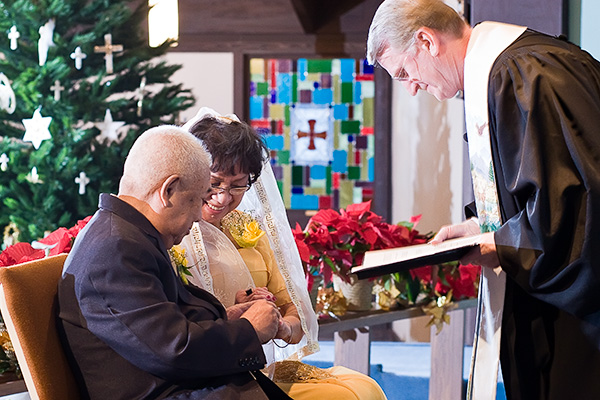I got my RadioPoppers in Monday and wanted to share with everyone. What are RadioPoppers you ask? Well, if you want all the info you can head over to the RadioPopper site and read up about them. In a nutshell though, RadioPoppers take the visual signals that flashes like a Canon 580EX or and ST-E2 send out to control off camera flashes and convert them to radio signals. A receiver on the off camera flash converts them back into light signals to trigger the remote flash. This lets you use the small dedicated flashes outdoors in bright sunlight without having to worry about line of sight anymore. Their range outdoors is something like 300 feet.
Getting RadioPoppers is almost anticlimactic in a sense. They don't make you a better photographer, they don't add new capabilities to your camera system. What they do is take a system that camera makers developed halfway and complete it and make it better. The sometimes frustrating line of sight and distance limitations of the old visual system are gone and now replaced with a dependable radio triggering capability. I know I've tried to use umbrellas outdoors and had no luck triggering my flashes using the standard Canon system. The sending unit on the camera and the flash couldn't see each other because the umbrella was blocking them. I've also been in a large room indoors before and stepped too far in front of my flashes and had them not trigger. All that's gone now. Anything you could do before with the old line of sight system now works by radio.
Getting these, I finally broke down and did something I swore I would never do. I put velcro on my 580EX flash. I always wanted to keep it pretty since it was so expensive but now I realize I was being silly and these are tools and should be treated as such. I even went so far as to put velcro on the sides of my flash to hold a modification I made to the Popper system. When you first get these you attach the little cable sending unit over the flash sensor using supplied gaffer tape. I didn't like that and after putting it on and taking it off a few times you needed a new piece of tape to hold it in place. I made a little strap to hold the sensor in place that I attach using the velcro on both sides of the flash. Didn't take long to make and works much better IMHO. I'll include pictures of it here if you are interested in making one yourself. It's just a piece of elastic, some industrial grade self sticking velcro and a little square of white foam. The white foam helps to ensure I get dependable pops outdoors in case there is any light leakage around the sensor and also gives thickness to the strap to ensure the little sending unit doesn't move off the sensor of the flash. It compresses around it nicely holding it securly in place.
I've only had the chance to use these once quickly so far so I haven't done any great works with them yet. I will post one picture up here just so you can get a glimpse of what these are capable of doing. This shot was a quick grab in a parking lot of my friend Moni. We were at a camera club meetup and I showed up with a camera and light stand, grabbed her out of the meeting real quick and took this snap out in the parking lot. The setup was simple. It was late in the afternoon and you can see the sunlight hitting her from behind and lighting up her hair. The flash is camera right with no diffusers on it. Just straight on flash. I didn't have time to set anything up and being Colorado the wind was kicking pretty good. You can see her hair blowing. I used my 85 1.8 lying about 20 feet away on the ground to get some sky in the picture and lower the horizon also. There was a hill behind us so I couldn't shoot straight on. I metered for the sky with my camera, took a shot, checked the histogram, dropped my flash exposure compensation to about minus 1/3 and got this shot. I wish I had more time to play but we had to get back to the meeting. The final settings here were 1/5000 of a second shutter speed and my aperture was set for f/2.2. You can see how blurred the branches are behind her. I'd liked to have bumped my shutter speed up more to darken the sky a little bit more and pull more color and saturation out of it. But I know I can now do that easily. Anyways, here's the shot, enjoy.

Here are my shots of the strap I made to hold the sensor in place.






















































